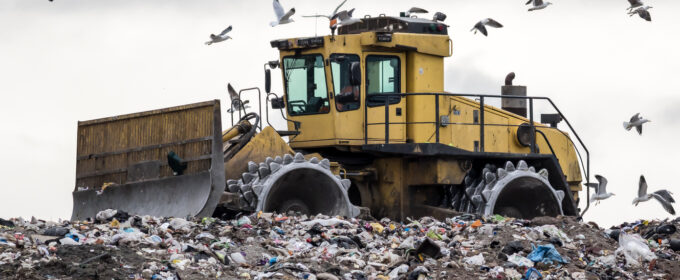Alcohol-related harm costs the UK around £24.7 billion each year, making it a key priority for public health interventions. However, with alcohol forming the basis of many social activities in the UK, what is the impact of teetotalism on non-drinkers’ social wellbeing? Here, Dr Luke Munford and Dr Benjamin Walker outline their research on drinking […]









